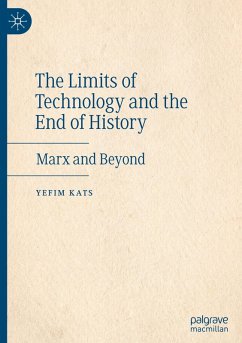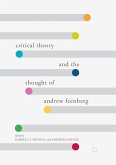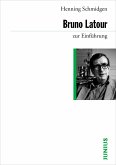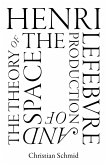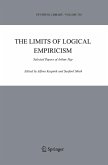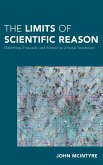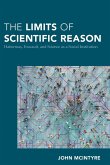This book examines the long-standing belief in infinite scientific and technological progress and links it to the Enlightenment ideal of man as a universal being and subject of the universal world history, destined to become a 'master and possessor of nature.' The author analyzes a broad range of issues in epistemology, the philosophy of history, and the philosophy of science and technology. Marx's philosophy is explored to the extent that his dialectic of labor sheds light on Western technological optimism and the ideal of human universality and offers an elaborate framework for analyzing the intrinsic limits to technological progress. The focus is on his 'early' works, providing a theoretical and humanistic underbelly for the 'mature' ideas of the Capital. Examining the epistemic foundations of the belief in infinite progress, the author argues that actual infinity, either in the form of unbounded technological/scientific expansion or infinite complexity of nature, is redundant for the universality of man, his scientific pursuit and historical experience. The conundrum of universality and power calls for a systematic critique of instrumental reason, its practical applicability and value structure.
Bitte wählen Sie Ihr Anliegen aus.
Rechnungen
Retourenschein anfordern
Bestellstatus
Storno

